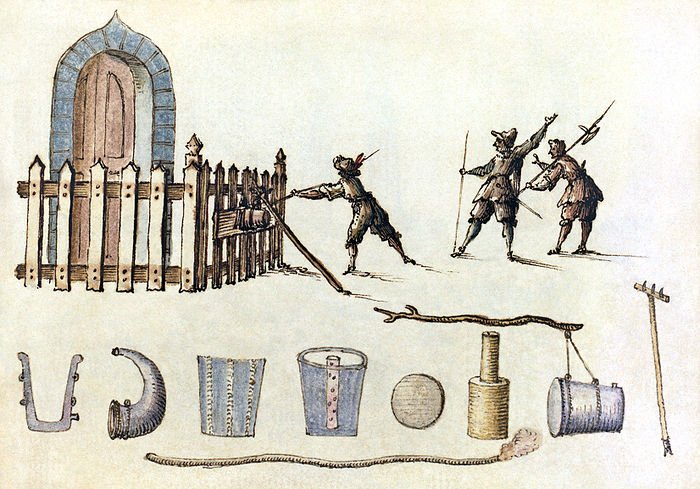Petard
One day in 2015, I found myself hoist with my own petard.
The incident had deep roots. The Access to Information Act of 1983 did not apply to Crown corporations, including the CBC. There were attempts to fix that, from a private member’s bill by Reform MP Bill Gilmour in 1997 to a federal task force report in 2002, which cautioned that CBC’s “journalistic sources” must remain protected.
The Liberal sponsorship scandal erupted in 2002, with kickback schemes exposed by the Globe and Mail and later by auditor general Sheila Fraser. The Gomery Commission, appointed to get the full story, issued a final report in early 2006. One section called for reform of the Access to Information Act, such as extending coverage to the CBC. But the “CBC should be authorized to withhold records if their disclosure would be injurious to the integrity of newsgathering or programming activities.”
The newly elected Conservatives in 2006 were quick to clean up the mess laid bare by the scandal. The massive Federal Accountability Act became law later that year, with a section bringing Crowns under access-to-information. The CBC was among them, though with explicit protection for “journalistic, creative or programming activities.”
The inclusion of CBC was delayed to Sept. 1, 2007. When the big day arrived, the corporation was overwhelmed with hundreds of requests filed by Quebecor Media Inc., parent of Sun Media, which was highly critical of CBC for purported waste. The CBC took five years to dig out of the avalanche, struggling through court challenges, Commons committee scrutiny and information commissioner investigations. The Federal Court of Appeal in 2011 finally affirmed CBC’s authority to withhold records pertaining to its journalistic activities, even from the information commissioner.
In fall 2014, CBC hired me on contract as an access-to-information specialist. I began to file hundreds of requests. Among them was one about an Oct. 2 anti-abortion protest on Parliament Hill in which 100,000 mini-flags were planted on part of the lawn. Documents showed organizers had been denied permission by authorities to plant the flags because of rules against “piercing the ground,” but the refusal was later overturned. An RCMP memo noted the reversal was “against usual practice.” The story I filed Dec. 12 got a lot of online attention.
A few weeks later, CBC’s access-to-information unit told me someone had requested emails, transcripts and other records I used to report the story. For the first time in my career, the hunter (me) had become the hunted. I spent hours gathering material, and sent it to CBC’s ATIP shop. A corporate lawyer arrived from Montreal to review the documents. I told her they were all related to my journalistic activity. She later sent me copies of the material she had released to the requestor. The lawyer decided many of the documents were more administrative than journalistic. I was a bit rattled that the journalistic carve-out in the Act had not shielded me entirely. But there was nothing controversial in the documents; my reporting had been professional and balanced. I never saw any use of the material by the anonymous requester.
The incident was a reminder of the extra work my own requests impose on busy public servants, and of their feeling of exposure. But I also believe when you work for an institution covered by the Act, such as the CBC, you also accept responsibility for upholding Canada’s sunshine law. That’s just the deal, even if a petard can make it feel uncomfortable.
Feb. 14, 2022

